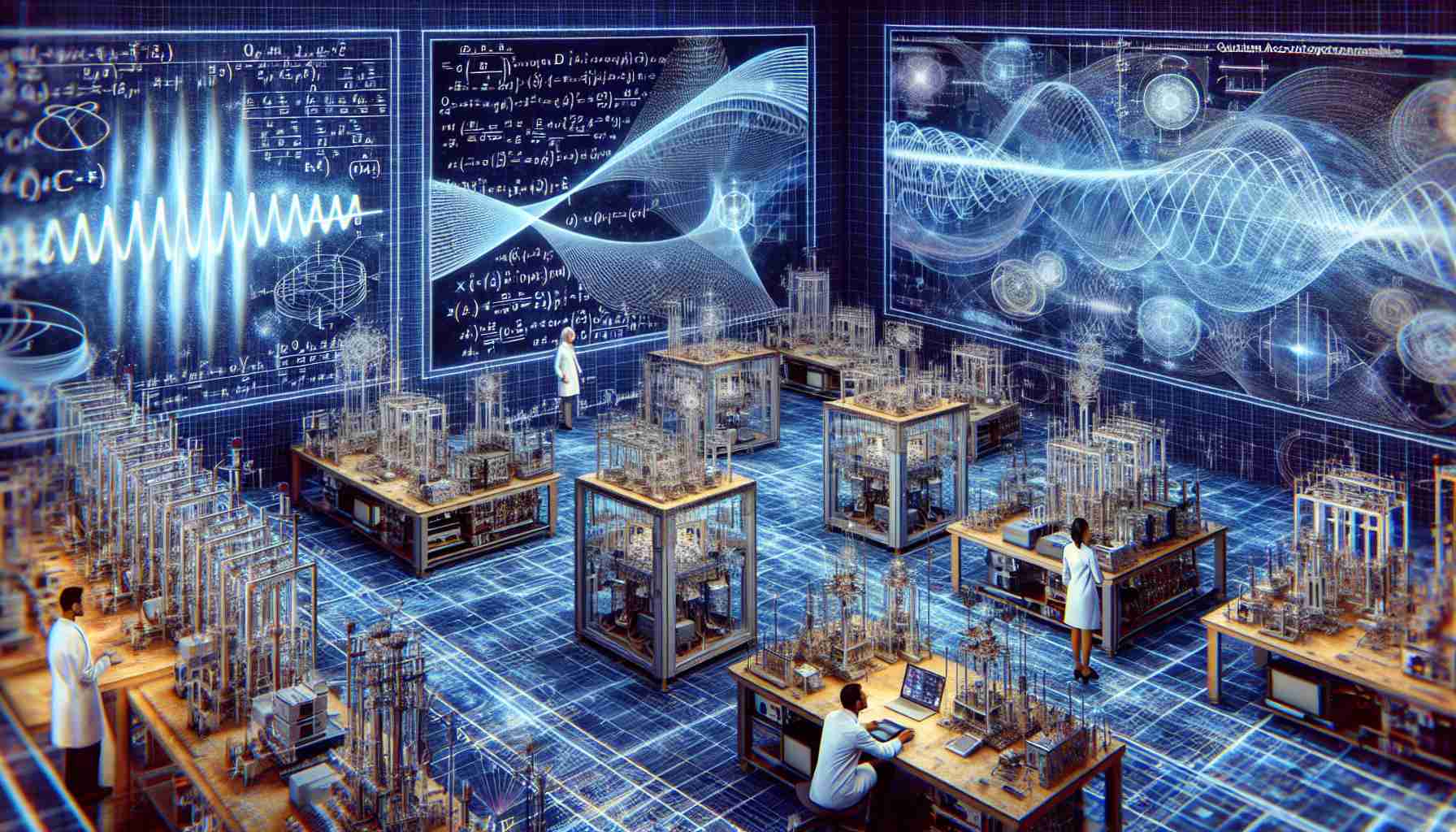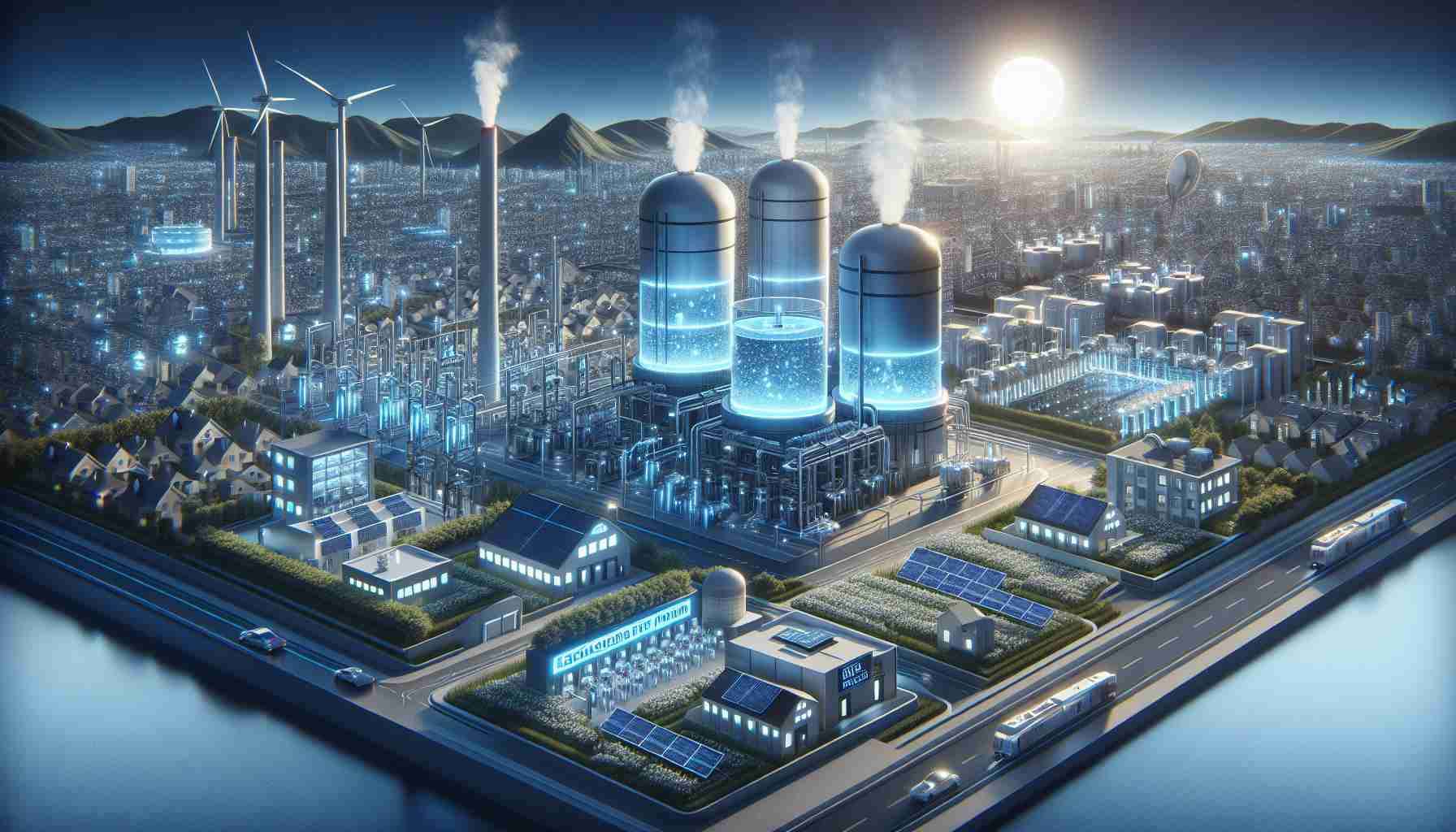The discussion surrounding artificial intelligence and automation in the digital realm reveals a consensus among experts that these technologies are not merely cutting-edge novelties; they are fundamentally transforming the market landscape. Anna Gruszka, a leading growth strategist at adQuery, emphasized that we are increasingly integrated with algorithms, hinting that companies not engaging with these advancements risk falling behind.
Gracjan Chagowski, a sales director at Teads, noted a striking statistic: a staggering 80% of marketing campaigns now harness AI technologies. He pointed out that we have transitioned from experimentation to a full-scale AI revolution, where companies must adapt to keep pace or watch opportunities pass them by.
Moreover, the content creation sector shows slower progress in AI integration, especially concerning languages like Polish, which still faces limitations. Marcin Bartnicki from Wirtualna Polska Media suggested that a breakthrough in AI content generation for Polish might be on the horizon within a year, sparking further innovation across media.
In the operational area, companies like Booksy Polska have adopted machine learning to better understand customer preferences, though issues regarding ethical and legal frameworks remain unresolved. Przemysław Barszcz, the country manager for Booksy in Poland, called for careful regulation to ensure the responsible use of AI. Despite the efficiencies AI brings to repetitive tasks in marketing, it cannot replace the vital human relationships that lie at the heart of business and authenticity.
Overall, as AI continues to redefine the digital landscape, the need for careful integration and human oversight becomes increasingly crucial.
The Impact of Automation and AI on the Digital Marketplace
The emergence and integration of automation and artificial intelligence (AI) are crucial in reshaping the digital marketplace. As businesses increasingly rely on these technologies to streamline operations, improve customer experiences, and enhance decision-making, crucial questions arise surrounding their implications for the market.
Key Questions and Answers
1. How is automation redefining customer service?
Automation tools, such as chatbots and AI-driven customer relationship management (CRM) systems, enable businesses to address customer queries in real-time and at scale. These systems can process vast amounts of data and predict customer needs, leading to enhanced customer satisfaction.
2. What are the economic implications of AI in the job market?
While AI and automation can boost productivity and create new job categories, they also pose a threat to certain job sectors, particularly those characterized by repetitive tasks. A report from the World Economic Forum predicts that by 2025, 85 million jobs may be displaced by automation.
3. How does automation affect competition in the digital marketplace?
Automation can serve as a double-edged sword; while it provides competitive advantages to businesses that adopt it early, it may also widen the gap between tech-savvy companies and those lagging behind. Many small and medium-sized enterprises (SMEs) struggle to implement these technologies due to cost and expertise barriers.
Key Challenges and Controversies
Despite the advantages of AI and automation, several challenges need to be addressed:
– Data Privacy Concerns: The reliance on AI often involves extensive data collection, raising significant concerns about consumer privacy and the ethical use of personal information. Regulatory frameworks, such as GDPR in Europe, attempt to address these issues, but compliance can be complex and burdensome for businesses.
– Bias and Inequality in AI Algorithms: There is growing concern over the potential for biases in AI algorithms, which can lead to unfair treatment of certain demographics. Fairness in AI systems is a significant area of ongoing research and debate.
– Impact on Innovation: While automation can enhance efficiency, it may also stifle creativity and innovation if companies overly depend on standardized processes. Striking a balance between automation and human creativity is critical for ongoing market relevance.
Advantages and Disadvantages
Advantages:
– Increased Efficiency: Automation can handle mundane tasks, allowing human employees to focus on higher-value activities.
– Enhanced Decision Making: AI analytics can provide businesses with actionable insights based on data, promoting informed strategic decisions.
– Cost Reduction: By automating tasks, companies can reduce operational costs and improve profit margins.
Disadvantages:
– Job Displacement: The shift towards automation threatens many low-skilled jobs, raising concerns about unemployment and worker retraining.
– High Initial Investment: Implementing AI and automation technologies often requires significant upfront investment, which may be challenging for smaller businesses.
– Dependency Risks: Over-reliance on AI systems can lead to vulnerabilities, particularly if these systems fail or are compromised.
In conclusion, while automation and AI are set to drive the digital marketplace forward and unlock new efficiencies, their integration presents various challenges and ethical considerations that must be navigated. Organizations are urged to balance technology adoption with human insight and empathetic customer engagement to maximize potential benefits. For those looking to stay informed on the ever-evolving intersection of technology and business, visiting Forbes and McKinsey & Company provides valuable insights and analyses.






















